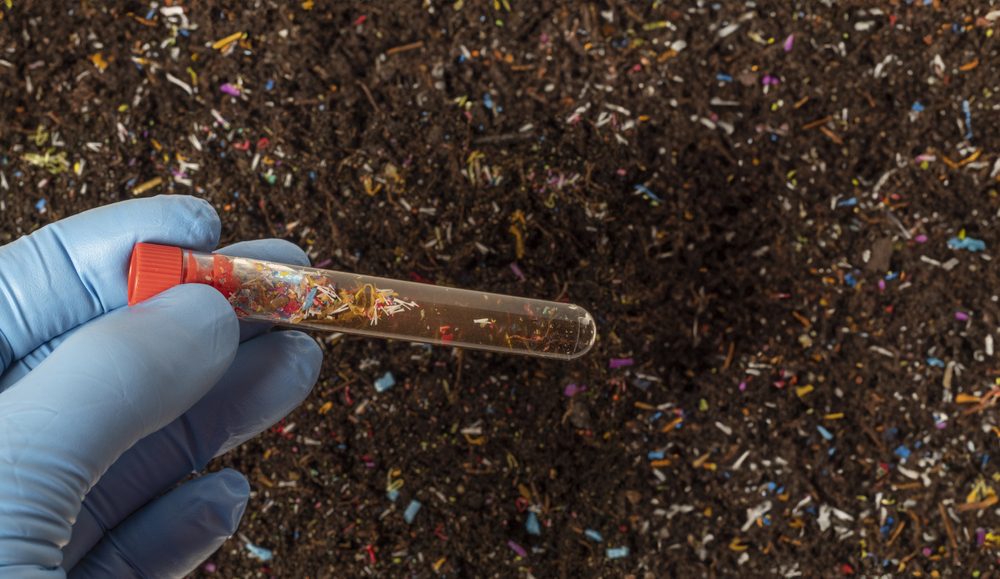
Contaminated soil disposal has become a major issue throughout Maine, New England, and the country. Instances of contaminated soil were long thought of as an urban problem stemming from former industrial sites, where dumping industrial waste into the ground was once a common practice. However, we now know, with so many farmlands contaminated by “forever chemicals” in the past decades, that soil contamination is an urban and rural problem, and that soil can be contaminated anywhere by any number of human activities. Whether on a farm or at a factory, knowing what to do when soil is found to be contaminated is not simply important for the health and welfare of all, which it is, it’s also the law.
What is Contaminated Soil?
Contaminated soil refers to soil that has been subjected to high levels of ecologically harmful substances or chemicals to the extent it presents serious risks and hazards to both human health and the environment. The contamination of soil results from the introduction of toxic and harmful substances into the soil due to some kind of human activity. Contaminants found in soil can range from heavy metals, pesticides, and petroleum products to PFAS, solvents, sludge, and other chemicals. It results from industrial activities, improper waste disposal, agricultural pesticides, the introduction of contaminated biosolid waste on farmlands, mining activities, and more. Proper management and remediation of contaminated soil are essential to minimize the risks associated with it.
What are the Effects of Contaminated Soil?
Soil contamination is a significant environmental issue that has detrimental effects on human health, ecosystems, and agricultural productivity. Depending on the type and concentration of contaminants present, exposure to contaminated soil can lead to a range of adverse effects. Chief among these are the risks to health. Contaminants in soil can leach into groundwater or be taken up by plants, leading to exposure through direct skin contact, inhalation of dust, or consumption of contaminated food and water. Chronic exposure can have adverse effects on human health and lead to various health problems, including respiratory issues, skin disorders, neurological disorders, reproductive problems, and even cancer in some cases.
Contaminated soil harms ecosystems as well, affecting soil quality, reducing biodiversity, and disrupting plant growth and other ecological processes. Contaminants can accumulate in plants and animals, disrupting food chains and causing reproductive issues that can lead to population declines of animal species. Toxic chemicals can leach into groundwater or surface water, contaminating water bodies, water sources, and water supplies, with far-reaching consequences for drinking water and human activities such as fishing and recreation.
Contaminated soil can hamper agricultural productivity by hindering crop growth as well as affecting soil fertility. Perhaps the biggest concern is how contaminated soil compromises food safety. Bioaccumulation in edible plant parts and water supplies has reached or is reaching levels that exceed safe thresholds for human consumption. This can lead to food safety concerns and potential health hazards for consumers.
A major threat is from PFAS, or perfluoroalkyl and polyfluoroalkyl substances. Dubbed “forever chemicals,” PFAS substances and compounds consist of a large, complex group of man-made chemicals used as a material in the manufacture of consumer, commercial, and industrial products since the 1940s. The chemicals have now spread into the air, water, and soil of communities across the country. Consequences of PFAS exposure can have serious health effects like liver damage, types of cancer, thyroid disease, risk of asthma, inhibit child development, decrease fertility, and more. In Maine, communities, farmlands, dairy farms, and industrial sites across the state, from Arundel in the south to Limestone in the north, have been impacted by PFAS contamination. As a consequence, beginning in 2023, Maine became the first state in the nation to ban PFAS in all products. Today, public and private sectors are taking extraordinary measures to remediate contaminated soil sites across the state.
How a Waste Disposal Company Can Help
Contaminated soil disposal can depend on several factors such as the type and level of contamination, available treatment technologies, and regulations. Common disposal methods may include soil excavation and removal, soil washing, thermal treatment to destroy contaminants, bioremediation, phytoremediation (using plants to remove contaminants), chemical treatment, landfilling, and containment measures such as capping or lining contaminated sites to prevent further spread of pollutants.
Remediating contaminated soil is crucial to mitigate the hazards these soils pose to ecosystems and to restore affected areas to a safe and healthy condition. MLi Environmental is a certified hazardous waste disposal company with the necessary expertise and services to help companies and organizations navigate the complexities of hazardous waste management and disposal of contaminated soils. We can provide you with an onsite inspection, soil testing, and determination, and present a course of remediation to ensure compliance with regulations, permits, and best practices moving forward. For more information on the services we offer, please contact MLi today.
